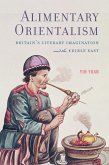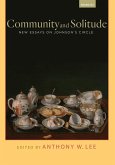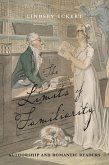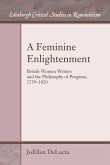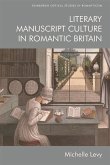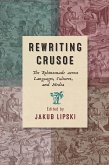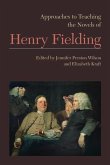'Cope's engaging, eye-opening study of character in post-Waterloo Britain sheds valuable new light on the evolution of public perceptions of secular figures as citizens struggled to disentangle the fictional from the real and to reconcile the myth-making tendencies of cultural representation with their hunger for luminaries as "real people".' Stephen C. Behrendt, University of Nebraska Restructures and revitalises late Romantic literature as a movement fascinated with competing claims about the reality and knowability of character The idea of character that many of us still take for granted - whether considered in print as an object of representation, or in life as a congenital 'bias' or an acquirable moral possession - is the shared concern of a multidisciplinary debate in reform-era Britain. This book argues for the independent merits of several lesser-known works written in England and Scotland during the 1820s and 1830s, recovering in these works a sustained ideological engagement with the ever-slippery concept of character. The Dissolution of Character in Late Romanticism studies texts written by contemporary poets, novelists, essayists, journalists, philosophers, phrenologists, sociologists, gossip-mongers and anonymous correspondents. Its main authors of interest include David Hume, Walter Scott, Charles Lamb, William Hazlitt, Hartley Coleridge, Letitia Landon, Thomas Love Peacock and Thomas Lovell Beddoes. With a fresh, interdisciplinary approach, this original intervention in Romantic-era scholarship throws character into relief as an especially problematic concept, not only for the poststructuralist critics who study late Romantic writers, but also for the writers themselves. It changes the ways in which literary scholarship has thought about the development of character discourse in the first half of the nineteenth century. Jonas Cope is Assistant Professor of English at California State University, Sacramento. Cover image: © morkeman/Getty Images Cover design: [EUP logo] edinburghuniversitypress.com ISBN 978-1-4744-2130-0 Barcode


